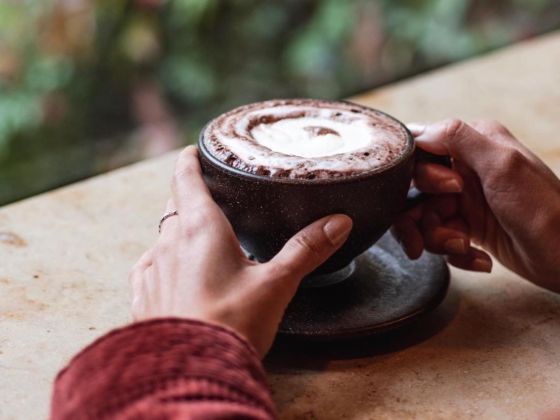This is The Climate Win, the most positive sustainability news around the world every week.
Around the world, flight emissions have decreased, rush-hour congestion has thinned, and air is cleaner in major metro areas. Had we viewed this through a crystal ball three years ago, we might have guessed that it was the world finally taking its Paris Agreement commitments seriously. But unfortunately, it’s just the result of the sad-but-necessary practice of social distancing. Hopefully, as Time and others have recently opined, we as a society can adopt at least this one positive from a dire situation — that it is possible to see major progress when the entire world acts together to create systemic change. While we’re stuck indoors in the interim, we can address our own situations from within. This week, in lieu of stepping out into the world, The Climate Win looks at ways in which our everyday home lives can be less impactful.
